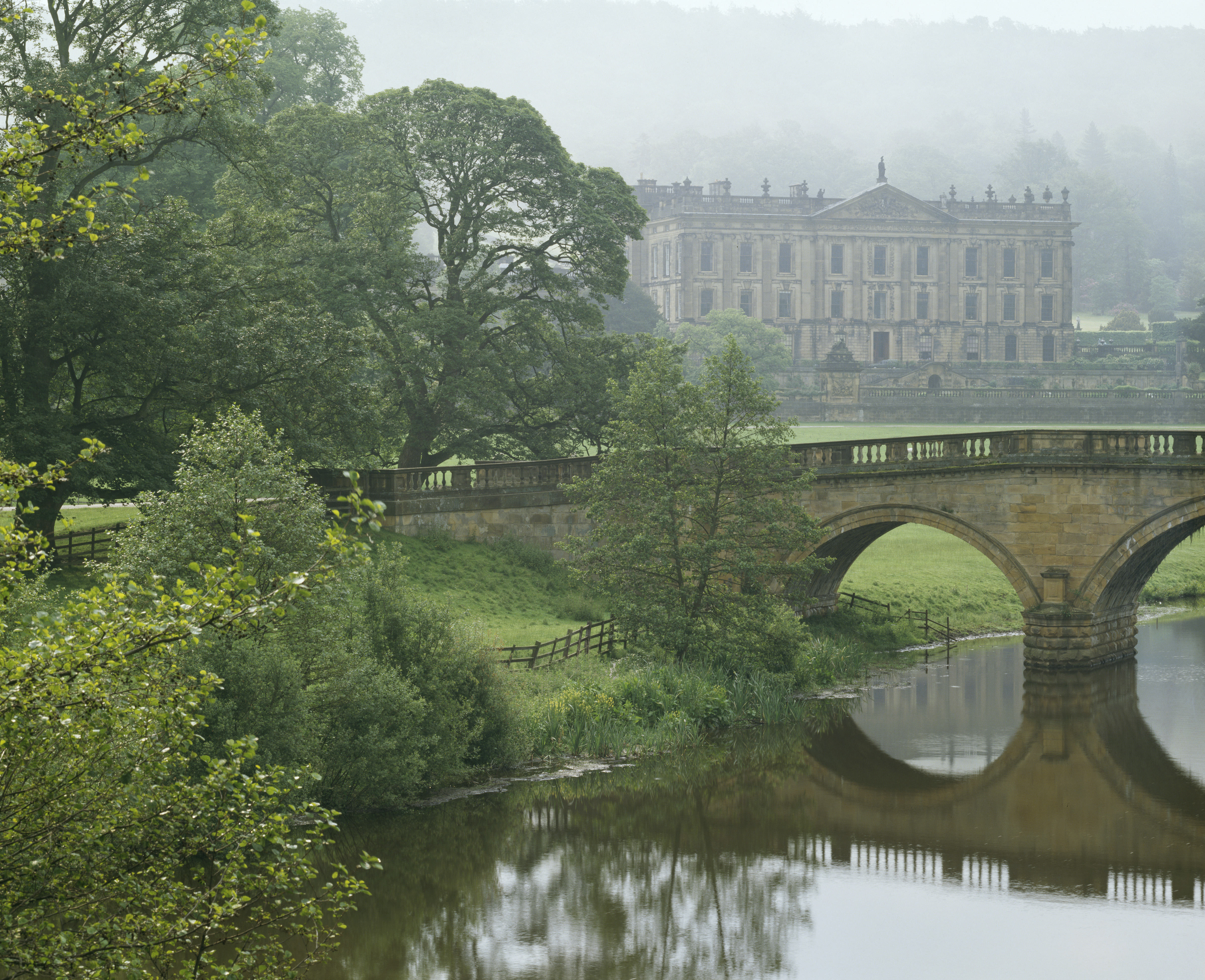
In its fervent pursuit of immediate growth, the present Government seems determined to look straight through the contribution that heritage and culture can make to our economy.
Athena fully understands that the past has none of the headline appeal of — say — the vast investments into tech announced to coincide with Donald Trump’s recent state visit. Nor does it necessarily promise to yield spectacular returns that will rebalance the budget overnight. Nevertheless, it does have an important economic contribution to make and, by any measure, is already a massive employer and business. In 2023, for example, heritage-led tourism alone in Britain generated an estimated £12.5 billion from international visitors and a further £15.9 billion from domestic travellers.
Yet when was the last ministerial announcement you heard about tourism?
Heritage, however, isn’t merely big business. In all its diversity, it also constitutes a kind of national infrastructure and resource, diffused across the whole geographic extent of the UK by the cumulative accidents of history.
To a government that aims to invest outside London and the South-East, it has another appealing quality. The state of heritage in both rural and urban contexts nearly always reflects local patterns of prosperity and social deprivation.
Simply put, a wealthy area is likely to have well-maintained historic buildings, whereas a poor one will commonly have the reverse. An imaginative government might turn that relationship to account, using heritage investment to deliver long-term benefits at grass-roots level with a particular emphasis on areas that need it most.
In fairness, governments have explored this idea. The High Street Heritage Action Zones initiative overseen by Historic England between 2020–24, for example, saw £103 million spent on the repair of historic buildings and shop fronts on 67 high streets across the country, many of them struggling for survival. Visiting one early project in Coventry, Athena was impressed both by the enthusiasm of those involved and its outward effects.
Exquisite houses, the beauty of Nature, and how to get the most from your life, straight to your inbox.
We could be doing more.
Of course, investment doesn’t have to come from government. To an exceptional degree, heritage in Britain remains in the care of private interests. That’s valuable for everyone, not least because it gives it vitality. Yet rather than support private management thought-fully, this Government seems set on punishing it with steadily increasing regulation, complex planning processes, VAT on repairs to historic buildings — including to places of worship — and increased costs of employment. As a crowning disincentive to the difficulties involved, it has increased inheritance taxes to destructive levels.
This year is the 75th anniversary of the Gowers Report, commissioned by a Labour Chancellor to stem the alarming flow of post-war country-house clearances and demolitions. The report recognised the importance of keeping these buildings in private ownership and of framing a tax system that recognised their special needs and fragility. It should be compulsory reading for the Chancellor as she prepares her budget.
Athena is Country Life's Cultural Crusader. She writes a column in the magazine every week

